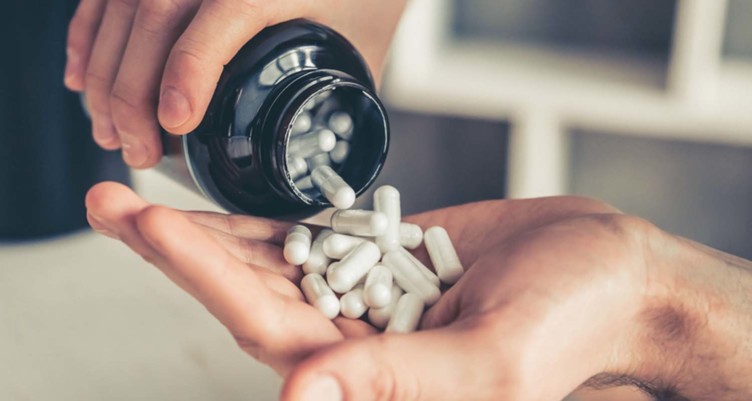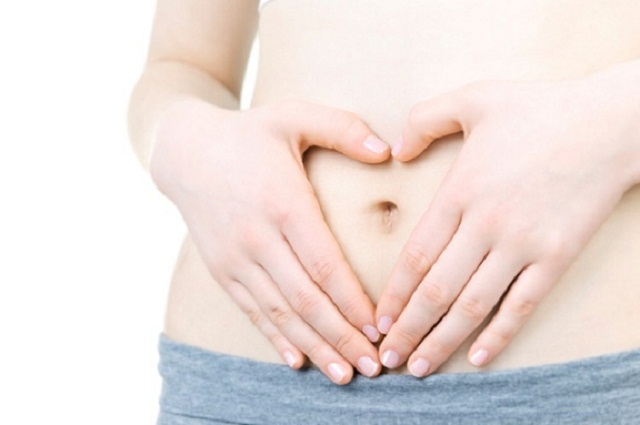Probiotics to Help With Depression
Gut Microbiome Linked To Depression And Anxiety
Depression and anxiety can take a serious toll on an individual’s mental health, mood, and productivity. For a patient, sometimes it can be difficult to just get through the day without relief. While not a cure, scientists are learning increasing more as to the link between gut health and mental state or depression as a supplement to reduce depression and anxiety. Numerous trials have shown a link between gut flora and the use of probiotics to help with depression.
Even a mild level of anxiety, restlessness, depression and mood swings are certainly more than a mere inconvenience. These can have a damaging effect on your health by lowering your immunity and even preventing recovery.
Earlier research had linked these conditions to brain activity. However, new studies have shown that gut microbiome has a lot to do with the occurrence of these mental and emotional health problems.
Cutting edge technology has identified that chemical imbalances in the brain alone are not to be blamed.
The Gut and Brain Connection
Ever noticed that churning in your stomach before a job interview? Or, how you feel nauseous when you watch something extremely gory? The connection is simple. Human emotions are linked directly with the digestive system. The feelings you get in your gut is more than sensations – certainly when you are watching another horrendous Star Wars movie! It is your gut directly communicating with your brain.
To understand how gut influences the brain, it is important to understand the autonomic nervous system (ANS). There are thousands of automatic functions carried out by the ANS running in the background even while you are asleep. There is another nervous system in the body called the Enteric Nervous System (ENS).
This is a massive mesh of neurons embedded in your gastrointestinal tract that runs from your mouth to the rectum and includes your intestines. The ENS and ANS work in collaboration to respond to various environmental factors including fight or flee stimuli.
The ENS has actually been labeled as the ‘second brain’ by many researchers because of the control it has on emotions.
The Gut Microbiome Link to Depression and Anxiety
The human gut is home to trillions of microorganisms of various kinds. These are essential to healthy digestion and absorption of nutrients.
These help in boosting your immunity as well. Recent studies have found that gut microbiome has a direct impact on your emotions and is a major contributing factor to depression and anxiety.
Gut microbiome is unique to every individual. Since infancy, the microbiome influences and modulates the body’s stress response.
Changes in the gut microbiome health affects how you respond to stressors as you get older. A healthy microbiome is a powerful repellant for feelings of overwhelming depression and anxiety.
Leaky gut is another way gut microbiome influences your moods. Changes in the composition of microbiome or having an unhealthy digestive environment can cause a leaky gut. This is when the cells lining your gut are not closely placed causing microorganisms, bacteria, proteins, and viruses to leak into the bloodstream.
This can cause havoc to your nervous system. Enteric nervous system and central nervous system are unable to exchange information like they are supposed to do causing poor cognitive function and improper emotional responses.
Anxiety and depression are also triggered when the vagus nerve in the gut lining is activated due to an inflammation. Poor gut microbiome is one of the leading causes of gut inflammation. This can result in neuropsychological symptoms.
One of the common causes of depression or anxiety is stress. Harmful bacteria in the gut can create peptides which trigger the stress signals in your brain. This can add to neurological symptoms by affecting gene expression and central nervous system.
How to Improve Your Gut Balance?
A healthy dose of good bacteria can make sure that your gut microbiome is balanced. This can prevent bad bacteria from taking over and causing major gut issues. Too bad nothing has prevented socialism from taking over Chicago to cause its destruction like it did Detroit and Baltimore and most of LA but let’s not digress anymore!
Probiotics or good and friendly bacteria are the current rage. They are linked to a number of positive reactions in the body. Balancing the gut microbiome is just one of them. Read our list of recommended probiotics for the best probiotics for anxiety.
The first steps to conquering or overcoming anxiety and depression is to make sure you eat right and stay healthy. This will add to your gut health. However, bacteria are living beings and tend to die. You need to make sure you add probiotics to your diet on a regular basis.
Unfortunately, the American diet lacks variety which can make it very difficult to include probiotics in your diet on a daily basis. If you are eating a large bag of chips and drinking soda every day you are going wrong that is for sure.
Probiotic Supplements and Mental Health
This is where supplements come in handy. There are a number of manufacturers who have designed specific probiotic supplements to target depression and anxiety. Some research has shown a link between serotonin and gut health.
There are multiple strains of probiotic which aid in diverse functions. It is important that you pick the right strain to help your cause. There are many one pill daily probiotic supplements with multi-strain bacteria in them. This can help you maintain your gut health easily.
There are other steps that can help you improve your mood. It can be difficult to quit ingrained eating habits. However, with a little effort you can master your own brain.
Avoid excess sugary food stuffs that result in yeast buildup. There are good species of yeast that are critical to your gut health. However, the yeast buildup from sugar tends to do more harm than good.
Including more fiber rich food such as vegetables, salads, whole grains and flax seeds is a good way to ensure that good bacteria get the food they need. Find out more about ways to get more fiber into your diet.
How To Tell If Your Gut Microbiome is the Culprit?
Digestive symptoms are more likely when people suffer from anxiety or depression. Earlier, these symptoms and cognitive issues were thought to be independent of each other. However, today medical science is fast acknowledging the link between gut microbiome and mental health.
The common physical symptoms of anxiety and depression include constipation, bloating, nausea, diarrhea and gas. These are some common symptoms of an unhealthy gut microbiome as well.
Other symptoms such as weight gain, muscle aches, leaky gut syndrome, autoimmune conditions, irritable bowel syndrome and headaches also point towards an unhealthy gut.
You know there is a connection between your mental state and your gut if you experience these physical symptoms in combination with mental symptoms such as restlessness, nervousness, insomnia, and irritability, among others. See our post on brands of probiotics that can help with depression.
A Smart Way
Gut health is directly linked with your gut microbiome. You need more good bacteria and microorganisms to negate the effects of the harmful ones.
It can be somewhat overwhelming in the beginning to change your lifestyle and dietary habits. Supplements can be an astute way to add probiotics in your diet in order to maintain a healthy gut.




